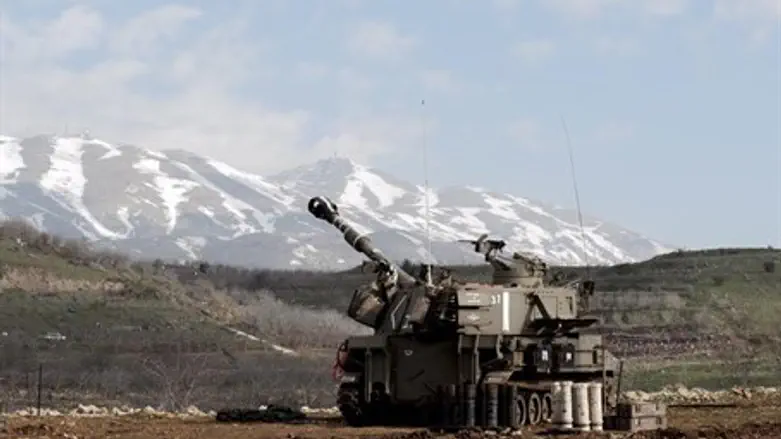
The Middle East is getting more dangerous, a top IDF official said Wednesday. With that, said the official, who spoke on condition of anonymity, Israel's situation was “good,” at least for the short-term.
The official made the comments in a presentation to ministers in the inner security cabinet Wednesday. Terror is rising in the region, he said, as ISIS continues to plow through Arab countries in its efforts to grow its “caliphate. Terror groups in Sinai and Syria and elsewhere will continue to try and attack us, some of them with unconventional means – like through cyber-attacks,” the official said.
While the rest of the Middle East was boiling, Israel was experiencing its quietest security year since 2000, the official said. “The borders to the north, where Hezbollah is to be found, and to the south, where Hamas is, are unusually quiet,” the official said.
While Hezbollah was busy trying to preserve Bashar al-Assad's rule in Syria, sending its terrorists to help his army against Sunni Islamist rebel groups, as well as ISIS and Al-Qaeda, there was another reason the terror group was quiet. “In recent years Hezbollah has been embraced by Iran, and we see them as a proxy for Tehran. They are no doubt aware of the IDF's plans in case hostilities break out – a quick evacuation of all of the residents of south Lebanon, so the IDF can effectively act there.
“We have a map of about 10,000 urban targets where Hezbollah is storing weapons in south Lebanon. Every one of them will be targeted within hours if a war breaks out. Hezbollah would do well to keep the peace in Lebanon and on our border with it.”
In Syria, the situation was more dire for Assad than ever, the official said. There, too, Iran is very active, and Israel expected whoever ended up running that country to keep their conflict to themselves.
Judea and Samaria, the official said, were “very sensitive areas. It is in our interests to help Palestinian Authority-controlled areas to advance economically, and especially to help with the develop of the new PA city of Rawabi. We should be hooking the city up to water and electricity, and approving roads for it. We should also be strengthening the security cooperation with the PA.”
